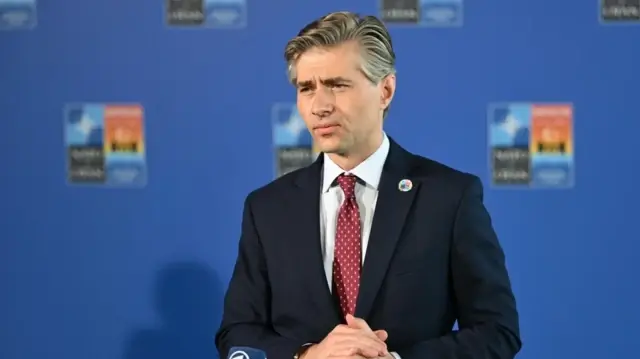Lithuania has dismissed Belarusian President Alexander Lukashenko’s attempts to dictate terms for border negotiations between the two neighboring countries. Foreign Minister Kestutis Budrys stated that Lithuania would determine its own diplomatic approach based on its fundamental principles and policy objectives rather than accepting external demands.
Lithuania’s Diplomatic Position
Budrys emphasized that “It is not Lukashenko who sets the conditions for who should meet with whom or what should be done,” responding to the Belarusian leader’s order for his government to engage with Lithuanian officials. The minister indicated that Lithuania would review border measures in relation to aerial security situations, suggesting that improved conditions could lead to adjustments in ground restrictions.
Border Closure Context
The diplomatic tension follows Lithuania’s decision last month to shut its border with Belarus, citing Minsk’s alleged facilitation of cigarette smuggling using hot air balloons. This security measure reflects ongoing concerns about illicit activities across the shared frontier and represents a significant escalation in bilateral friction between the two nations.
International Support and Retaliation
Budrys confirmed that Lithuania maintains strong international backing, particularly from the United States and European allies in Brussels, in navigating the border dispute. In retaliation for the border closure, Lukashenko has signed a decree banning Polish and Lithuanian trucks from operating in Belarus until the end of 2027, further complicating regional trade and transportation networks.
